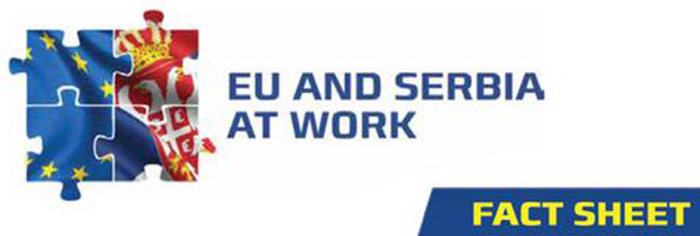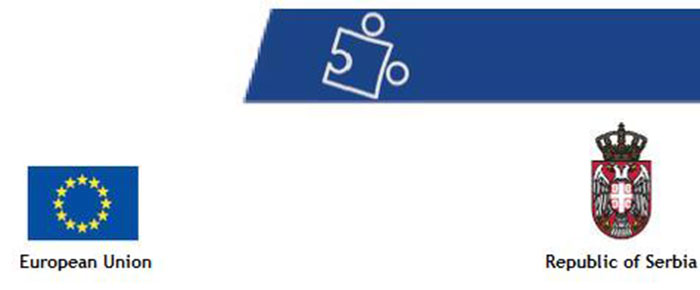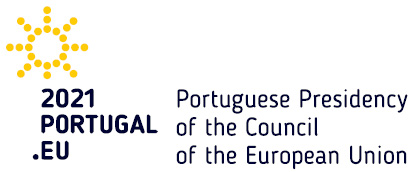
Civil society plays an important role in ensuring principles of human dignity, freedom, equality, the rule of law and respect for human rights, including the rights of persons belonging to minorities upheld in practice. By articulating citizen’s concerns, civil society organisations (CSOs) are understood as all non-state, not-for-profit structures in which people organise to pursue shared objectives and ideals, who are active in public arena and engage in initiatives which foster pluralism and further participatory democracy.
EU assistance dedicated to this sector since 2000 amounted to €33,5 million.
Civil Society Facility programme seek to ensure greater benefit of civil society from national legal and financial frameworks and to improve dialogue with state institutions. Programme support CSOs networks to give citizens a voice and influence public sector reform processes through analysis, monitoring and advocacy.
Thematic area of intervention through Calls for Proposals focused on:
- strengthening the rule of law through targeted support for project focusing on fight against corruption and efficiency of judiciary;
- support for specific measures targeting vulnerable groups and regional cooperation, civic and capacity building initiatives at the rural and remote area in Serbia;
- public administration reform;
- cultural diversity;
- support CSOs that work with people and groups that are more exposed to discrimination and discriminatory practices such as asylum seekers, readmitted persons, LGBT persons, and children from vulnerable groups.
- enhance cooperation between Serbia and Kosovo* by improving quality of life of citizens.
Civil society actors in enlargement countries can make substantial contributions by addressing issues such as the rule of law, corruption, organised crime, the economy and social cohesion. Through their lobbing, advocacy and oversight activities at national, regional and local level they can create demand for enhanced transparency, accountability and effectiveness from public institutions and create a greater focus on the needs of citizens in policy making. Further more, the involvement of civil society in the pre-accession process can contribute to deepening citizens’ understanding of the reforms a country needs to complete in order to qualify for EU membership.
The budget of Civil Society Facility 2014-2015 amounts to €4 million. Support to civil society will focus on achieving an environment that is conducive to civil society activities, including the development of mechanism for permanent dialogue with civil society and to establish transparent state funding frameworks for civil society. Support in the form of long term grants will be provided to iincrease the effectiveness of the Serbian CSOs in undertaking initiatives focused on Chapters 23 and 24, regional cooperation and dialogue between Belgrade and Pristina. Civil society participation in the process of negotiations in Serbia and policy monitoring, as well monitoring of EU and other donor funding, will be enhanced through support to CSOs platform and networks and capacity building.
* This designation is without prejudice to positions on status, and is in line with UNSCR 1244 and the ICJ Opinion on the Kosovo declaration of Independence
For more information:
Delegation of the EU to the Republic of Serbia
Tel: +381 (0)11 30 83 200
delegation-serbia@eeas.europa.eu




